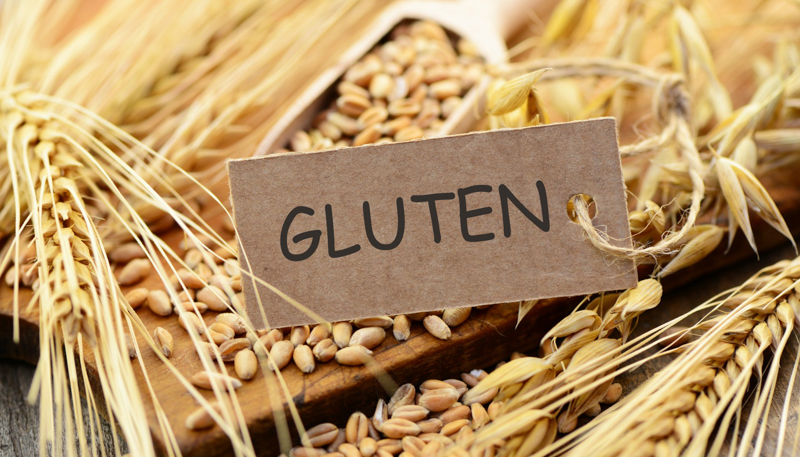
Consumers are finding a wide range of new products that are labeled “gluten-free.” If you are not familiar with gluten, you may be one of the millions of people who are wondering what is gluten and why should I avoid it? Food experts have learned that gluten sensitivity can be the cause of a number of reactions that can make people feel ill, lower their energy and have medical complications.
What Is Gluten?
Gluten is a protein that is naturally found in certain cereal products such as wheat, barley and rye. It is also used by food processing companies as a leavening agent, a flavoring agent, a thickener and a flavor enhancer. Gluten is found is such a wide range of foods that consumers have recently been pressuring processing companies to use other substances in their products. So the answer to the question “what is gluten?” makes it clear that this storage protein component can be found in many types of products that you may not expect.
Gluten Reactions
People diagnosed with celiac disease cannot eat gluten because it can cause serious damage to the intestinal lining. Milder gluten sensitivities can be vague and difficult to diagnose. Infants may experience unexplained diarrhea, bloating, gas, irritability, poor growth, anemia and dental enamel problems. Older children may have diarrhea or constipation, lactose intolerance, mouth ulcers, joint pain, easy bruising, fatigue, ADHD symptoms and depression. So, if you or your child experiences these symptoms, learning what is gluten and how it affects people may set you on the right path toward relieving your physical problems.
 Gluten Research
Gluten Research
Researchers at the Center for Celiac Research have found that gluten sensitivity has a different mechanism than celiac disease. A different immune system reaction is involved, and the inflammation and villi damage that is commonly seen in celiac patients does not occur in gluten sensitive patients. In addition, transglutaminase autoantibodies are not found in gluten sensitive individuals as it is in celiac patients.
What Foods Contain Gluten?
Wheat bread, rye, barley and some types of oat bread all contain gluten. This group includes sandwich rolls, pita and wraps that are commonly used. Cereals, pasta, cakes, cookies, crackers, energy bars also usually contain gluten. Many people may not know that seasoning mixes, processed meats, salad dressings and soy sauce also contain gluten.
If you believe that your diet if full of gluten and its affecting your health, talk to one of our specialists here at Catered Fit and find a gluten free meal plan that is right for you.
